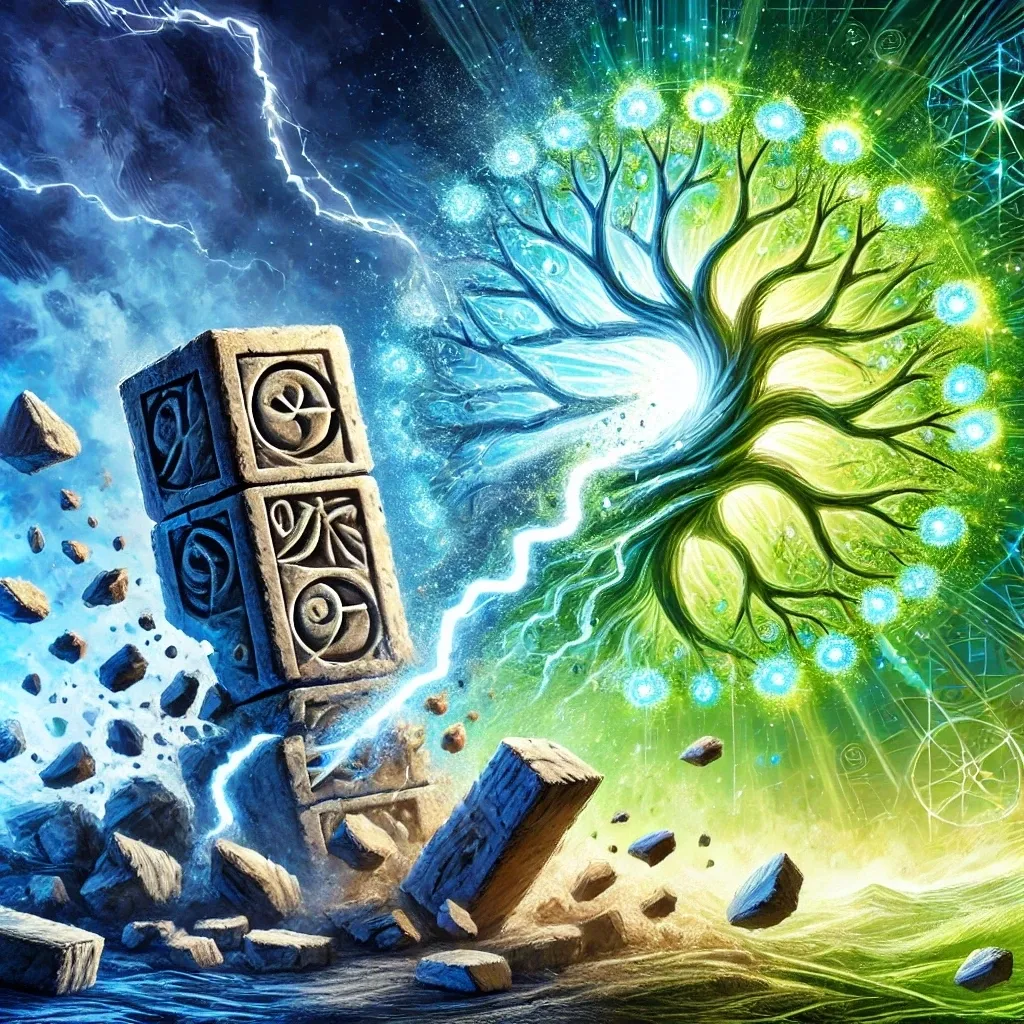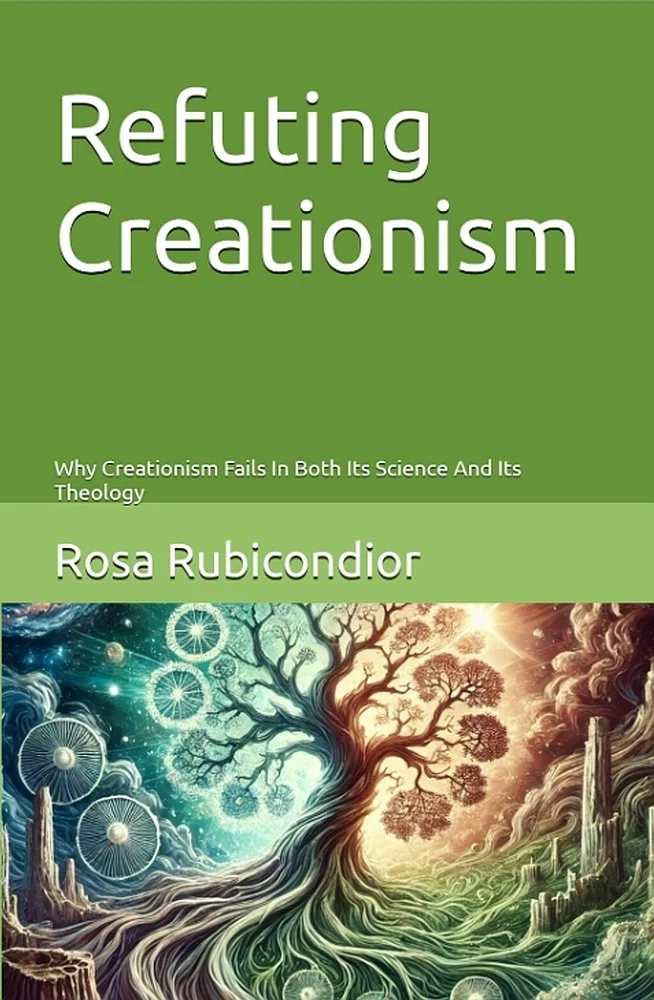
Illustration from "The Way of the Wolf: A Stone Age Epic"
This article struck a chord with me — not primarily because it refutes creationism, although it certainly does that by presenting evidence that simply should not exist if the biblical flood genocide story contained even a kernel of truth. Such evidence ought either to have been swept away entirely or buried beneath a thick layer of flood-deposited silt containing a chaotic jumble of animal and plant fossils from unrelated landmasses. It was neither.
What resonated more personally, however, is that I have just published a novel in which a clan of Neolithic hunter-gatherers forms a close association with wolves, with the animals playing a central role in both their hunting strategies and their folklore. In the novel, The Way of the Wolf: A Stone Age Epic — the second volume in the Ice Age Tales series — Almora is raised alongside a wolf cub that becomes her inseparable guide and protector. This relationship gives rise to several versions of a mythologised hunt in which the wolf, Sharma, saves the day and defends the hunters. Together with her Neanderthal partner, Tanu, Almora later leads a group of exiles who encounter a clan already familiar with these legends, and who have begun adopting abandoned wolf cubs and raising them as part of the community.
It is fiction, of course — but a deliberately realistic depiction of how wolves could have been domesticated through mutual benefit, cooperation, and prolonged social contact with humans.
The article itself concerns the discovery by researchers at the Francis Crick Institute, Stockholm University, the University of Aberdeen, and the University of East Anglia of wolf remains on a remote Baltic island that could only have been transported there by boat. Isotopic analysis shows that these wolves consumed the same food as the humans, and skeletal pathology in one individual indicates long-term care. The findings are reported in a research paper published in Proceedings of the National Academy of Sciences (PNAS).





























